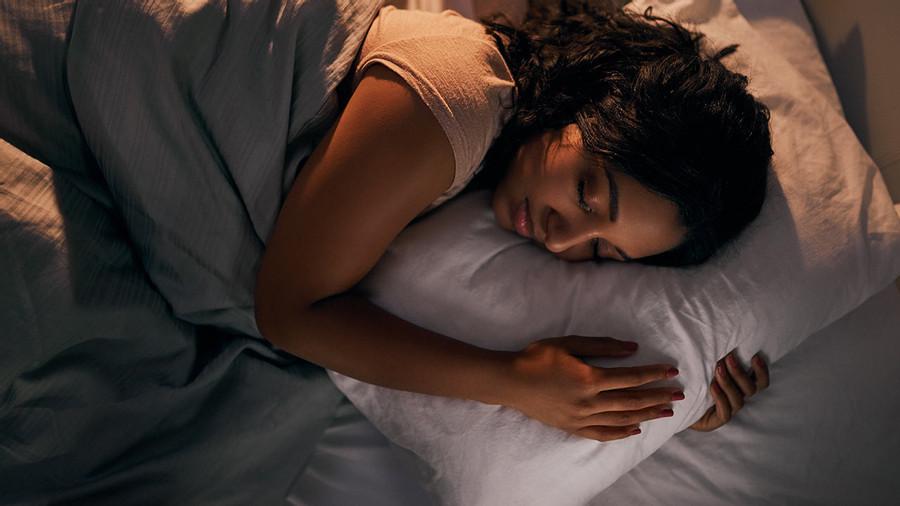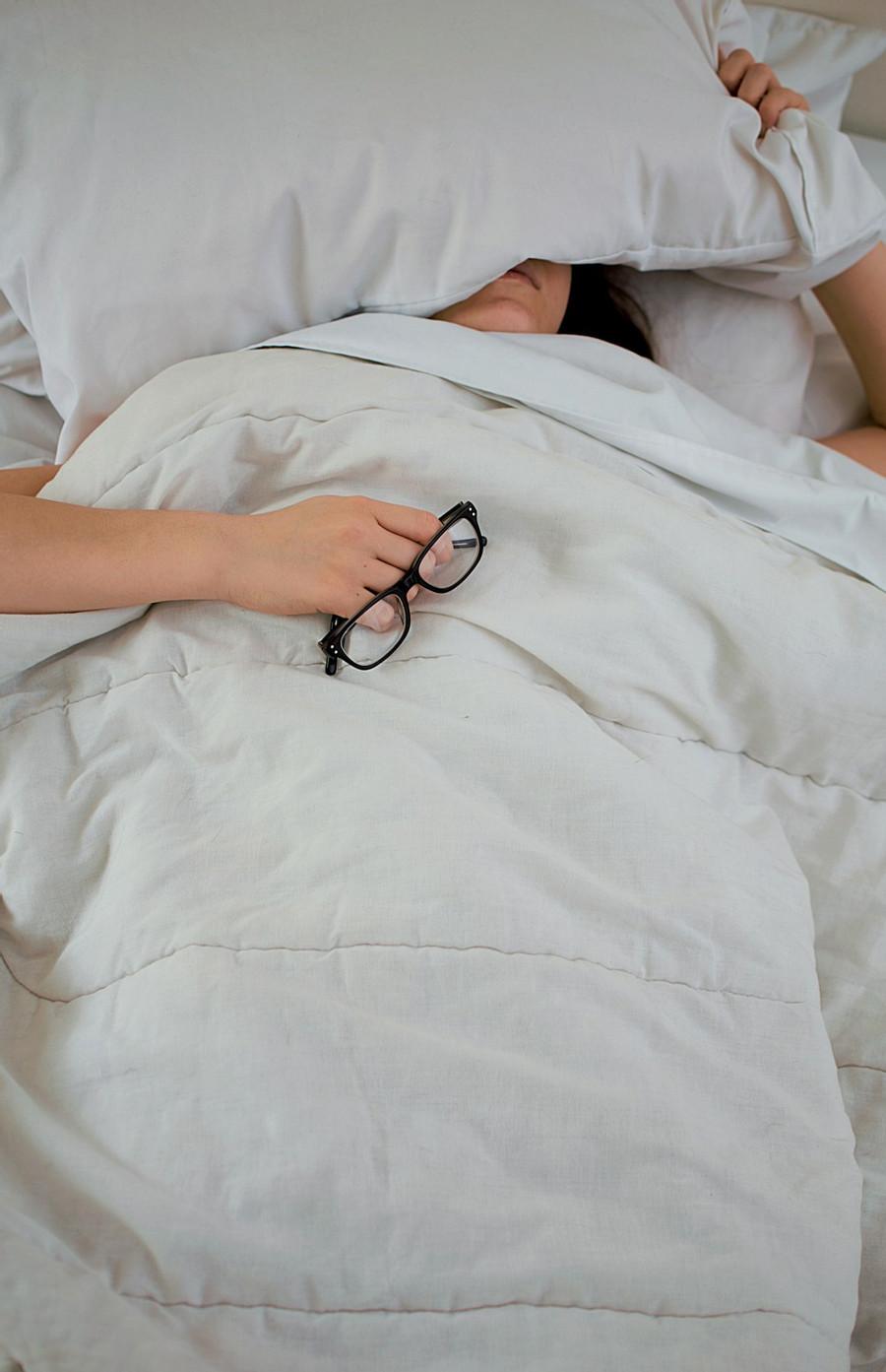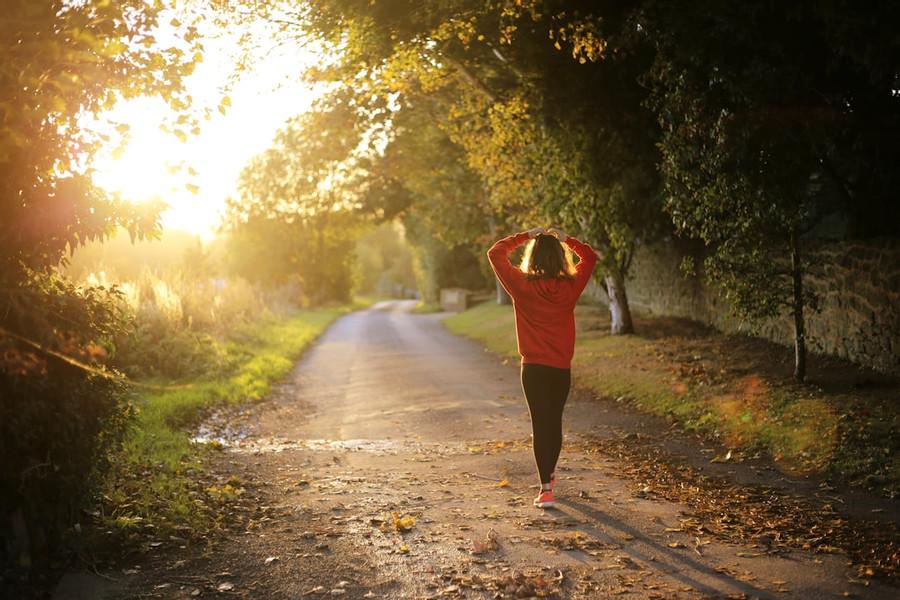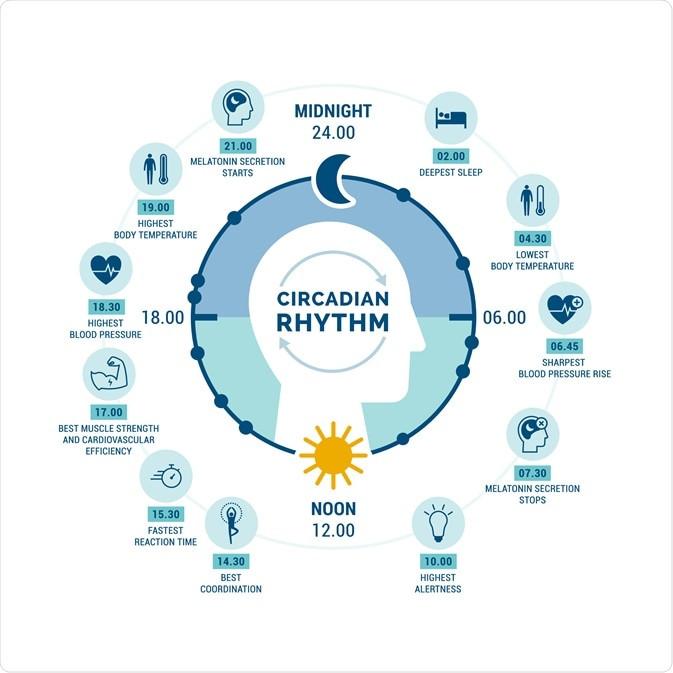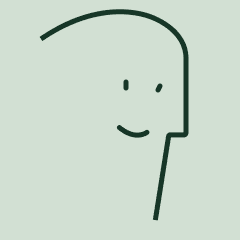Learn more about health with this collection
The benefits of a bedtime routine
How to improve your sleep quality
How to create a relaxing sleep environment
The Science of Sleep
The average adult spends 36 % (or about one-third) of his or her life asleep.
Purpose of sleep:
- Restoration
- Memory consolidation
- Metabolic health.
7.97K
88.5K reads
Restoration
The first purpose of sleep is restoration.
Every day, your brain accumulates metabolic waste as it goes about its normal neural activities. Sleeping restores the brains healthy condition by removing these waste products. Accumulation of these waste products has been linked to many brain-related disorders.
6.53K
43.3K reads
Memory Consolidation
Sleep is crucial for memory consolidation, which is responsible for your long term memories.
Insufficient or fragmented sleep can hamper your ability to remember facts and feelings/emotions.
6.64K
40.4K reads
Metabolical Health
When we sleep 5.5 hours per night instead of 8.5 hours per night (recommended is 8 hours), we tend to burn more energy using carbs and protein, instead of fat.
This can result in fat gain and muscle loss. Also, insufficient sleep or abnormal sleep cycles can increase the risk of diabetes and heart disease.
7.32K
39.4K reads
Cumulative Stress
Cumulative stress takes place when the inputs in our body like nutrition, sleep and other forms of recovery are not able to fulfill the drainers, like exercise, stress, and other forms of things that take away our energy.
6.05K
31.9K reads
Keep your Bucket of Energy Full
- Refill your bucket on a regular basis. That means making time for sleep and recovery.
- Let the draining tasks in your life accumulate and drain your bucket. Once you hit empty, your body will force you to rest through injury and illness.
6.05K
30.8K reads
The Sleep-Wake Cycle
The quality of your sleep is determined by a process called the sleep-wake cycle. This cycle is dictated by your circadian rhythm.
There are two important parts of the sleep-wake cycle:
- Slow-wave sleep (also known as deep sleep)
- REM sleep (REM stands for Rapid Eye Movement).
6.43K
32.8K reads
How to Sleep Better
- Develop a “power down” ritual before bed, limiting the use of technology and bright lights.
- Use relaxation techniques like yoga or meditation.
- Get some sun exposure every day.
- Avoid caffeine.
- Stop smoking or chewing tobacco.
- Use the bedroom for sleep-related activities only, keeping it uncluttered and inducive to sleep.
- Get some exercise in the day.
- Keep room temperature ideal for sleep.
- Avoid excessive alcohol.
- Avoid noisy surroundings and conditions.
8.26K
35.9K reads
The Circadian Rhythm
It is impacted by three main factors:
- Light: probably the most significant pace setter of the circadian rhythm. Staring into a bright light for 30 minutes or so can often reset your circadian rhythm regardless of what time of day it is.
- The time of day, your daily schedule, and the order in which you perform tasks can all impact your sleep-wake cycle.
- Melatonin: this is the hormone that causes drowsiness and controls body temperature. It increases after dark and decreases before dawn.
6.38K
24.5K reads
How to Fall Asleep Fast
- Develop a “power down” ritual before bed: shut off all electronics an hour or two before sleep and resume all work early in the day, to calm your mind.
- Use relaxation techniques: proven methods include daily journaling, deep breathing exercises, meditation, exercise, and keeping a gratitude journal.
6.92K
27.1K reads
Daily Habits for Better Sleep
- Get outside. Aim for at least 30 minutes of sun exposure each day.
- Turn out the lights. When it gets dark outside, dim the lights in your house and reduce blue or full-spectrum light in your environment.
- Avoid caffeine and stop smoking or chewing tobacco.
- Use the bedroom for sleep and sex only.
Also, consider these sleep aids: exercise (it will make it easier for your brain and body to power down at night), temperature (the ideal range is usually between 65 to 70 degrees Fahrenheit/18 to 21 degrees Celsius) and sound (a quiet space is key for good sleep).
6.6K
23.9K reads
The Best Bedtime Will Differ For Everyone
When choosing your bedtime, try not to fight your physiology. The best bedtime will differ a little bit for everyone, but it's crucial that you pay close attention to your internal clock and what your body is telling you.
As long as you're getting the recommended 8 hours of sleep, just focus on finding the time that works best for you.
5.63K
25.5K reads
CURATED BY
More like this
3 ideas
11 ideas
How Sleep At Night Is Really Important?
healthline.com
9 ideas
How to Sleep Better
helpguide.org
Explore the World’s
Best Ideas
200,000+ ideas on pretty much any topic. Created by the smartest people around & well-organized so you can explore at will.
Powerful Saving & Organizational Tools
Save ideas for later reading, for personalized stashes, or for remembering it later.
Start
31 ideas
Start
44 ideas
# Personal Growth
Take Your Ideas
Anywhere
Organize your ideas & listen on the go. And with Pro, there are no limits.
Listen on the go
Just press play and we take care of the words.
Never worry about spotty connections
No Internet access? No problem. Within the mobile app, all your ideas are available, even when offline.
Get Organized with Stashes
Ideas for your next work project? Quotes that inspire you? Put them in the right place so you never lose them.
Start
47 ideas
Start
75 ideas
My Stashes
Join
2 Million Stashers
4.8
5,740 Reviews
App Store
4.7
72,690 Reviews
Google Play
Sean Green
Great interesting short snippets of informative articles. Highly recommended to anyone who loves information and lacks patience.
“
Shankul Varada
Best app ever! You heard it right. This app has helped me get back on my quest to get things done while equipping myself with knowledge everyday.
“
samz905
Don’t look further if you love learning new things. A refreshing concept that provides quick ideas for busy thought leaders.
“
Ashley Anthony
This app is LOADED with RELEVANT, HELPFUL, AND EDUCATIONAL material. It is creatively intellectual, yet minimal enough to not overstimulate and create a learning block. I am exceptionally impressed with this app!
“
Ghazala Begum
Even five minutes a day will improve your thinking. I've come across new ideas and learnt to improve existing ways to become more motivated, confident and happier.
“
Jamyson Haug
Great for quick bits of information and interesting ideas around whatever topics you are interested in. Visually, it looks great as well.
“
Giovanna Scalzone
Brilliant. It feels fresh and encouraging. So many interesting pieces of information that are just enough to absorb and apply. So happy I found this.
“
Laetitia Berton
I have only been using it for a few days now, but I have found answers to questions I had never consciously formulated, or to problems I face everyday at work or at home. I wish I had found this earlier, highly recommended!
“
Read & Learn
20x Faster
without
deepstash
with
deepstash
with
deepstash
Access to 200,000+ ideas
—
Access to the mobile app
—
Unlimited idea saving & library
—
—
Unlimited history
—
—
Unlimited listening to ideas
—
—
Downloading & offline access
—
—
Personalized recommendations
—
—
Supercharge your mind with one idea per day
Enter your email and spend 1 minute every day to learn something new.
I agree to receive email updates

